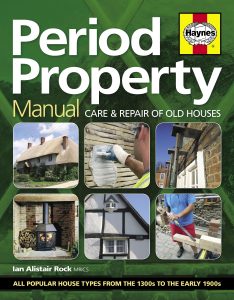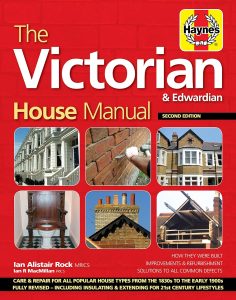Property Tips by Chartered Surveyors from the Haynes House Manual series
Thinking of Instructing An Estate Agent ?
The time-honoured way for selling houses and flats is to instruct a local estate agent.
Because fees are charged in the form of commission upon completion of a successful sale to a buyer that the agent has introduced, no up-front payment is required. So it’s easy to overlook the fact that you probably need to factor in somewhere between 1% and 2.5% + VAT of the sale price which could set you back as much as £15,000 for a £500k property.
Although estate agency is a highly competitive business, many traditional High Street agents have enjoyed many years of very sizeable profits. However, their job is rarely as simple as we sometimes imagine. Much of the donkey work, such as accompanying viewings and patiently holding chains together, gets carried out below the public’s radar.
On the other hand, sellers often find they get roped in to managing potential buyers viewing their home. And not all agents are particularly effective at managing the sale process. Indeed some well known chains have recently been in the news for illegally prioritising buyers where they can earn large commissions for arranging mortgages.
Agents are also under enormous pressure to ‘over-value’ homes which often leads to problems with the sale further down the line.
Although it’s now easier than ever to sell privately, the vast majority of properties are still bought through estate agents. Yet the biggest source of homes for sale by far is via property listings on the website Rightmove.co.uk which arguably is the most important factor when it comes to appointing your estate agent.
The law says…
Under the Consumers, Estate Agents and Redress Act (2007), all estate agents are required to join a Property Redress Scheme that can investigate complaints, resolve disputes and offer compensation.
The industry is additionally regulated by a hotchpotch of legislation; from the Estate Agents Act dating from 1979, right up to recent Consumer Protection Regulations and Business Protection Regulations. This makes it an offence to give false or misleading descriptions, although many breaches go unchallenged or cannot be proved. The law says that:-
* Agents must pass on all offers promptly and in writing to their client – the seller. This includes those made long after a property goes ‘under offer’. The only exception is where the seller has told the estate agent not to pass on certain offers – for example, all those below a certain price.
* Agents are legally obliged not to deliberately mislead or misdescribe something.
* Agents must state in their sales particulars if anyone working there is a ‘related person’ to the seller. This is to avoid potential conflicts of interest arising. So if you want to buy or sell a property that your estate agent (or one of their associates) happens to own or have an interest in, they must declare their involvement.
* Legislation places a duty to provide the ‘material information’ that the average consumer needs to make informed decisions. So before signing a contract to appoint an agent they must inform you of such things as what services they provide, all fees and charges, terms of business and any tie-in period.
Complaining
In the first instance a written complaint should be sent to the firm’s head office. If this doesn’t resolve the problem, write to local trading standards. Write to the National Association of Estate Agents ( NAEA ) – if the firm is a member.
Or ask the Property Ombudsman to review your case. If they support your complaint, they may award compensation. Estate agents with signs saying ‘Regulated by RICS’ have stricter complaints procedures.
See Rightsurvey.co.uk for a quick guide to valuation and survey prices
Check out our other posts for more info that will help you pay the right price for the right property.
We would always recommend using RICS certified surveyors in every instance – don’t get caught out, get instant quotes for RICS surveyors here.
Ian Rock’s Rightsurvey property tips are taken from the Haynes House Manual series.







